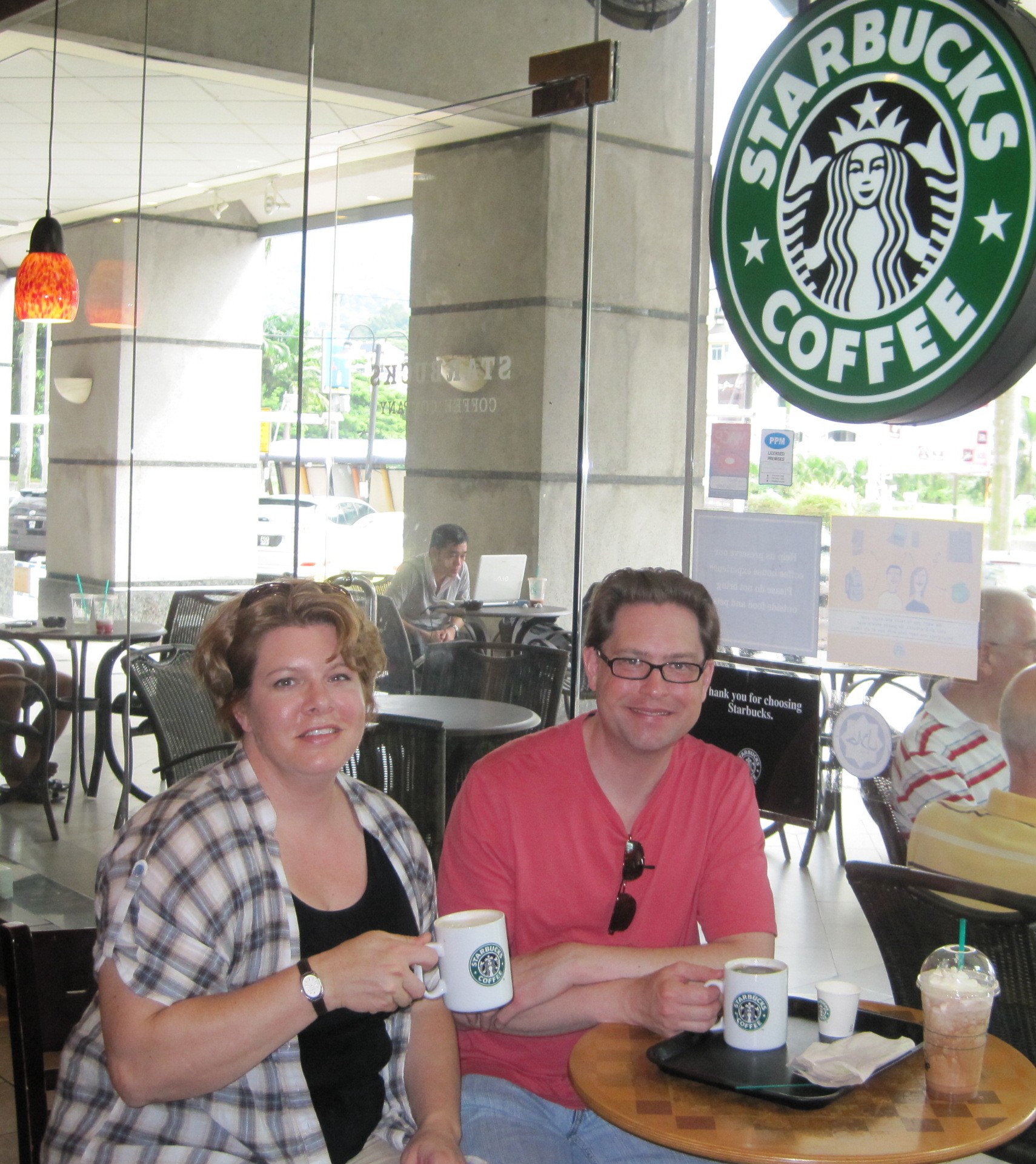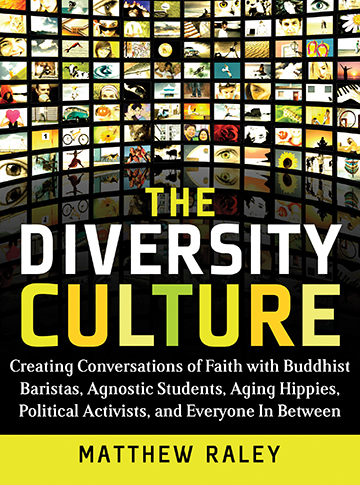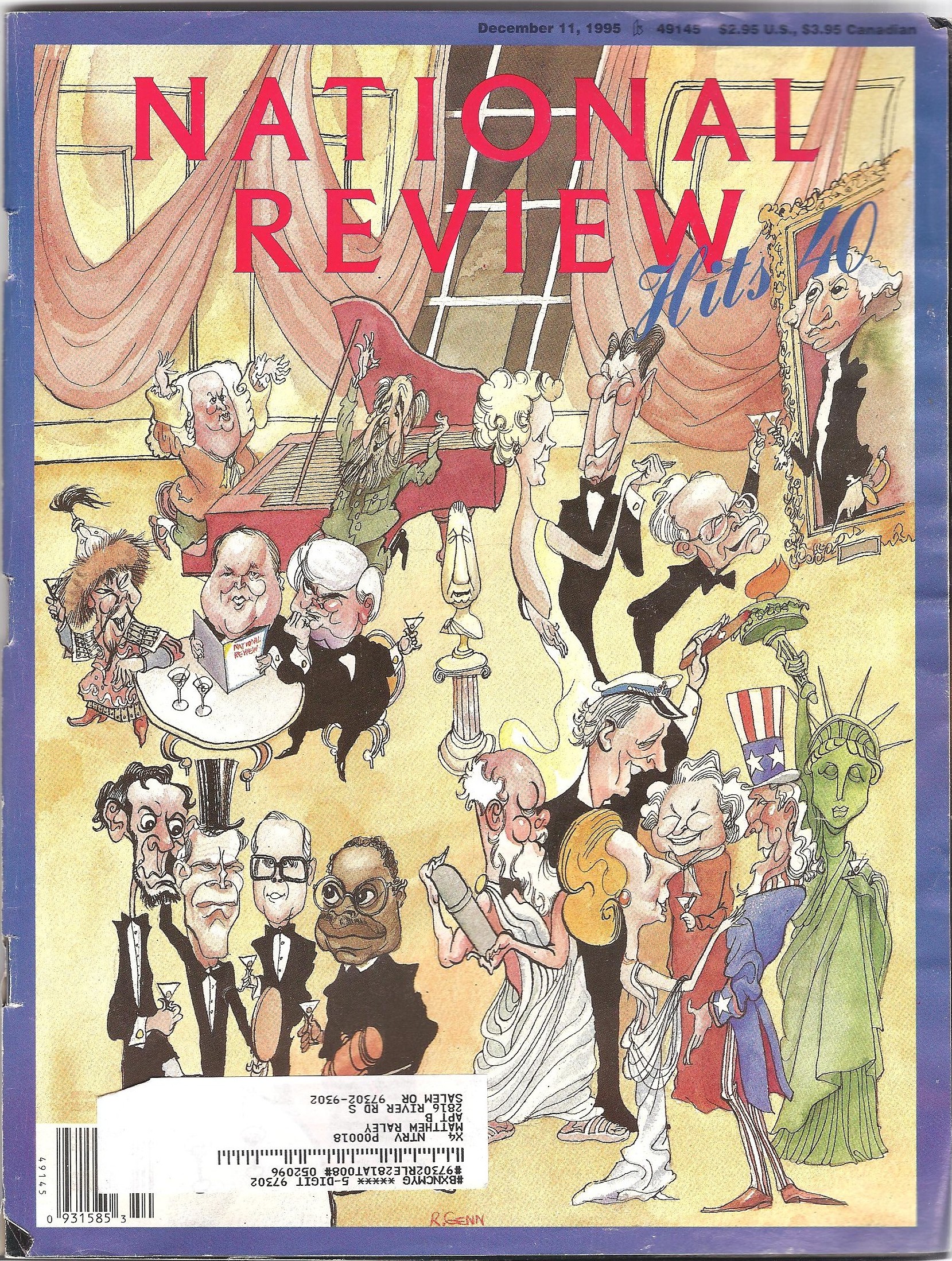by Matthew Raley
Here is the text of a speech I gave last Thursday, May 20th, at a luncheon for supporters of NVCS.
One of the first words a child learns is mine. As parents, we try to loosen a child’s grip on his stuff, mainly to stop the squabbling. We try to teach him another word, share.
But we Americans have an insight into that word mine. The first draft of the Declaration of Independence said that every person is endowed with “the right to life, liberty, and the pursuit of property.” The more famous version that George III read, “pursuit of happiness,” only tells us more about what the founders thought of citizenship. A citizen is happiest—and does the most good—when he governs the property he owns.
James Madison wrote of our constitution that Americans have “an honorable determination . . . to rest all our political experiments on the capacity of mankind for self-government.”[1]
The founders believed that we could govern ourselves, which means America’s success of failure depends on whether her people understand the words mine and share.
What does self-government look like? Self-government happens when a person takes care both of his own property and what his community shares—not because he is told to do it, but because he knows he must.
Jane Jacobs gave us a good example in her 1961 classic, The Death and Life of Great American Cities. One day an alarming scene unfolded on the sidewalk across the street from Jacobs’ building in New York. A man was trying to get an 8-year-old girl to go along with him, and the girl was resisting. Jacobs wrote:
As I watched from our second-floor window, making up my mind how to intervene . . . , I saw it was not going to be necessary. From the butcher shop . . . had emerged the woman who, with her husband, runs the shop; she was standing within earshot of the man, her arms folded and a look of determination on her face. Joe Cornacchia, who . . . keeps the delicatessen, emerged about the same moment and stood solidly to the other side. Several heads poked out of the tenement windows above, one was withdrawn quickly and its owner reappeared a moment later in the doorway behind the man. Two men from the bar next to the butcher shop came to the doorway and waited. On my side of the street, I saw that the locksmith, the fruit man and the laundry proprietor had all come out of their shops and that the scene was also being surveyed from a number of windows besides ours. That man did not know it, but he was surrounded. Nobody was going to allow a little girl to be dragged off, even if nobody knew who she was.
Jacobs added, “I am sorry—sorry purely for dramatic purposes—to have to report that the little girl turned out to be the man’s daughter.”[2]
The people in that neighborhood knew the word mine.
Self-government happens when people invest in their own place, with their own money, time, and ingenuity. When they invest, they care. When they care, they budget, maintain, and guard.
But the people in Jane Jacobs’ neighborhood also knew the word share. Self-government is not done by loners. It’s the action of a community. All the owners on her street knew that they shared the sidewalk, that what happened on the sidewalk affected them, and that they were responsible for keeping it safe.
As a pastor, let me tell you what bothers me about our country today.
Many of us are vigilant over what is our own. We’re eager enough to assert the word mine against Washington, D. C. or Sacramento. But we are not vigilant enough over the property we share. Our communities are not governing themselves.
Consider the reality of our shared life as Christians. The two issues I’m going to talk about have brought heartache to everyone in this room. I’m discussing them not to stigmatize people, but to help us face problems we all share, and to tell you that there are powerful solutions.
The Barna Group has repeatedly found that evangelicals divorce at high rates. In its most recent study of this problem in 2008, 33% of the American adult population has had at least one divorce, and the same is true of 26% of evangelical adults. While the evangelical divorce rate is lower than the national average, it still shows that more than a quarter of people who profess to follow Christ have broken homes.
This statistic is more than a public relations black eye. When we consider what our divorce rate means in practical terms, our cultural weakness becomes alarming.
Divorced people with children are automatically under the thumb of the family legal system. They no longer control their schedules, their practice of parenting, or even, in extreme cases, their most basic interactions with their children. They are vulnerable to inspection by county officials, to restraining orders, and a stream of court dates.
About essential parts of their lives, they can no longer say mine.
Nor is divorce the end of our entanglements with the state.
Illegitimate births are common among evangelicals, as any pastor can attest. I haven’t been able to find specific studies of evangelicals in this regard, but I do not lack stories. The trials of Sarah Palin’s family are common among us, and Palin’s handling of her daughter’s pregnancy won her strong identification from evangelicals for this very reason.
But a child born out of wedlock is likely to end up under the indirect supervision of social workers, with a young parent, grandparents, and pastors often struggling to safeguard a Christian parenting ethic from official intrusion.
A hidden impact of divorce and illegitimacy in churches falls on grandparents—those crucial links in the transmission of values from one generation to the next.
Evangelicals in their fifties and sixties, who would normally be entering a time of greater freedom in life, are frequently raising their grandchildren. So the resources grandparents would otherwise put into their churches, they devote to their families in crisis. Further, they struggle to demonstrate godliness to grandchildren growing up amid the moral chaos of a wayward adult and the psychologized ethics of social workers.
All this can leave people in the prime of life heartsick.
For all practical purposes, then, a large proportion of evangelical families and their children are under the management of the state. The state’s system may be necessary: there are dangers to children during a divorce. The state’s workers often do the best they can to bring some order to children’s lives, and we should be grateful that there are Christians among them shining some light. But we have to face facts. Evangelical parents in this system are not as free to pass on their beliefs, even when they’re competent to do so.
Here’s the reality of our shared life.
If you have 400 people in your church, figure that 100 of them are (or have been) in the family court system. Their finances are almost entirely devoted to maintaining two households where there used to be one. And unless they have an unusually high personal income, they are not keeping up. Their emotional strength is spent trying to survive the strife and the loneliness. They have little time or energy to devote to their walk with the Lord.
100 people. Even when the economy is good. And the ripple effect spreads the weakness.
We have to be frank about our failure to govern ourselves and what that failure means. It means that the loss of American identity is not happening in Washington; it’s happening here in the tri-counties. The loss of the dignity of self-government is not Sacramento’s problem. It’s ours.
My parents have already decided who they’re voting for in 2012. The bumper sticker on their car says, “Reagan for President.”
In the stadium where he accepted the nomination for president in 1980, Ronald Reagan said, “At the heart of our message should be five simple familiar words. No big economic theories. No sermons on political philosophy. Just five short words: family, work, neighborhood, freedom, peace.”
He delivered on that vision of self-government, and his legacy has come to us. What have we done with it?
I can speak for our church, and I believe I can speak for everyone in this room. We are determined to govern what is our own, and also what we share.
We are not going to allow children to be dragged off into a godless system. We are not going to let children be labeled victims by a system that offers no hope. We’re not going to let adults suffer the trials of divorce or illegitimacy alone. What happens to the least of these, happens to us.
People in our region are coming out of their doorways to challenge what happens on our sidewalks. They are building the tools to reassert self-government, and our church is contributing three.
One tool our community needs is churches that know their business. We have decided that church time is Gospel time. It is not time for politics, or hot-button issues, or slick entertainment. Furthermore, church time is not therapy time, where we focus on our “issues.” The time we spend together in the name of Jesus Christ is devoted to him, to preaching his Word, and to exalting the transforming power of his grace.
Do this at your church. Recover the Church’s true business. It’s the Gospel.
Second, our community needs a tool for discipleship. The core of our ministry is called SoulCare. It puts believers from many churches alongside each other to be equipped with the Gospel. There is nothing revolutionary about it; it’s just hours of face-time in the Word of God. We see this ministry as a tool for self-government through the Gospel, the body of Christ doing its work.
More and more believers from many churches are being trained to equip others in the Gospel, and to counsel families in crisis. We don’t win them all. Sometimes we are a resource for those trying to be godly in the midst of family break-up. But over the last 4 years, 26 marriages have been rebuilt by God’s grace, many of them pulled back from the brink of divorce. That’s 26 families that are not governed by social workers, but that govern themselves in the power of Christ.
At your church, find ways to recover the power of Christ’s body. Release that power.
Third, as a church we are investing heavily in North Valley Christian Schools. For single parents and for grandparents who want their children to know who they are in Christ, to know that they come from the grace of God in Christ, and to know that they are headed toward the Kingdom of Christ, this school is a critical resource.
At NVCS, both children and parents find connection, a shared life, with other believers. Material, emotional, and spiritual needs are met by the body of Christ on a daily basis, simply because people like you have come out to govern our sidewalk.
Our church has entered into an agreement to share facilities with NVCS because we want every dollar in our ministries to have maximum impact. We support the schools with dollars, with leaders, with hours. We’re doing it because we must go beyond taking care of our own, to take care of what the larger community of believers shares.
Thank you for coming out of your doorway and reasserting the dignity of self-government. Let’s be the region that finds once again the meaning of the word ours.
[1] The Federalist, No. 39.
[2] Jane Jacobs, The Death and Life of Great American Cities, (New York: Vintage Books, 1992), pp 38-39.











